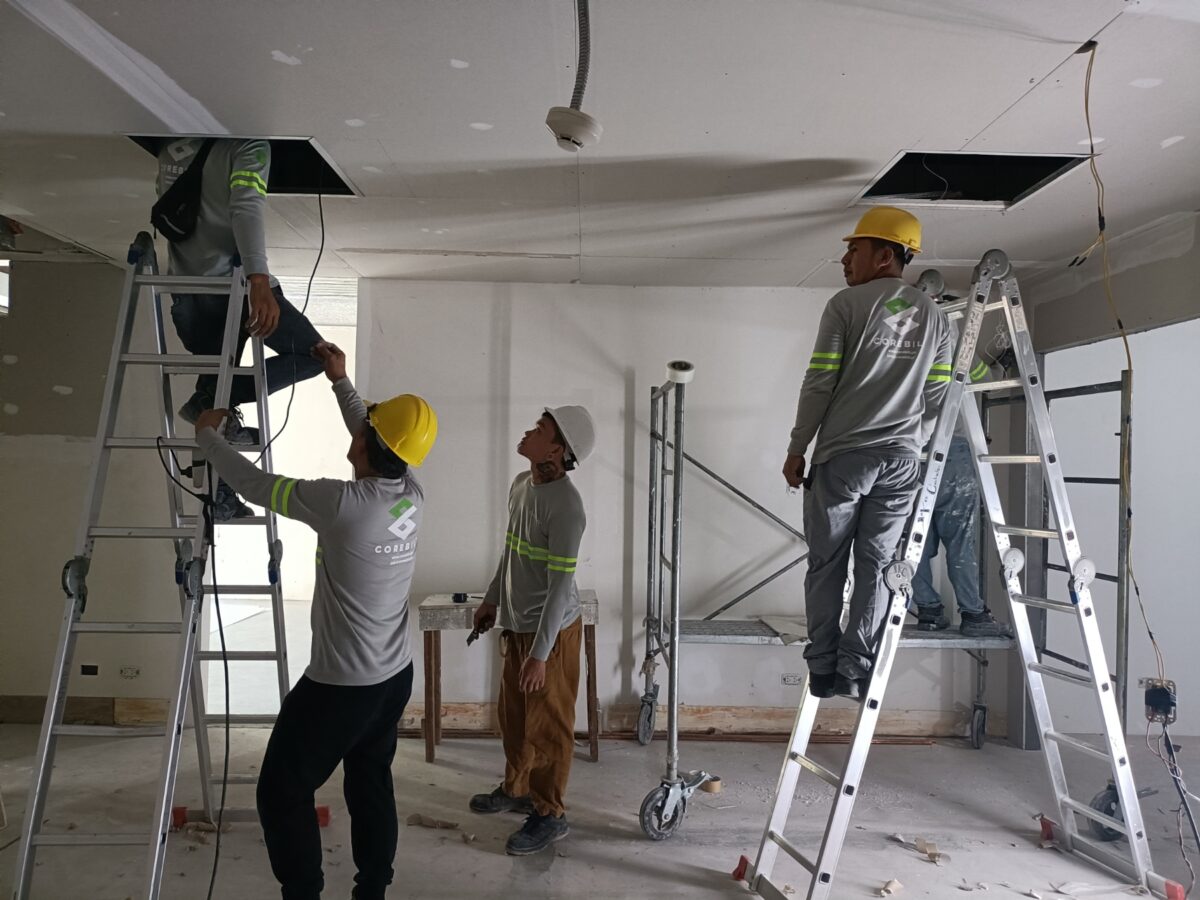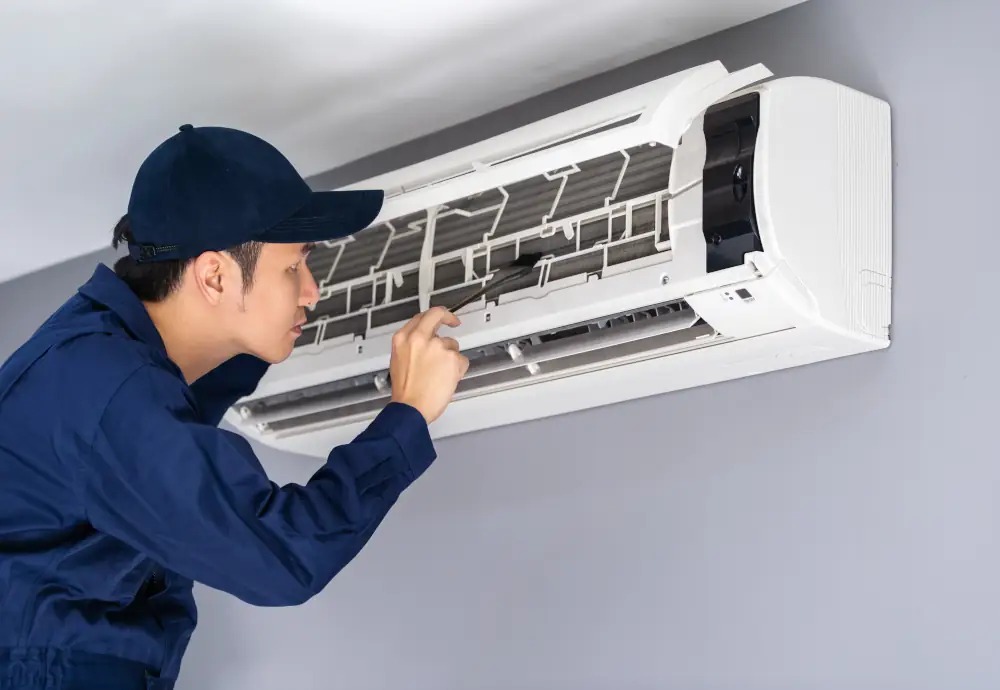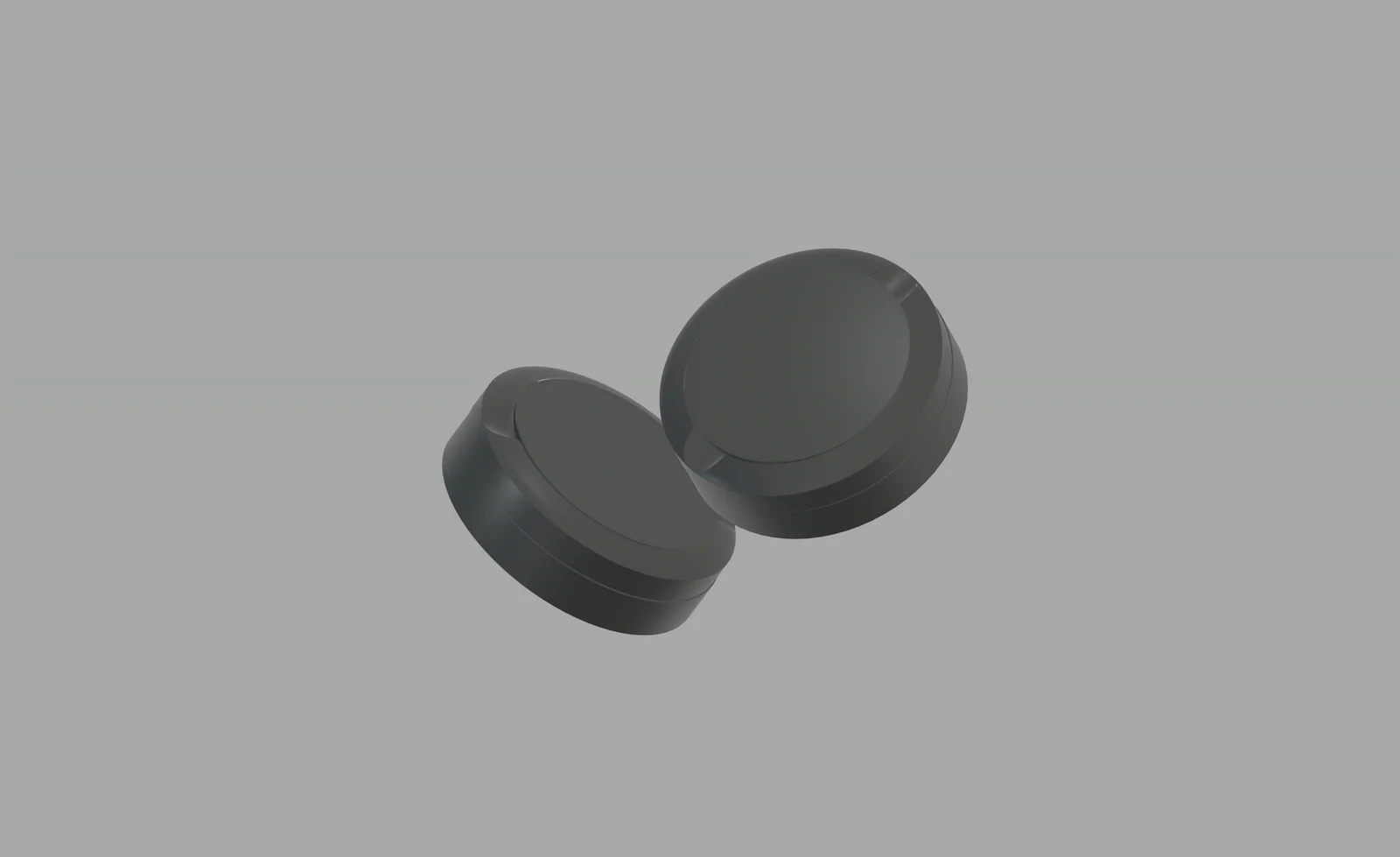In today’s fast-evolving job market, more students and career-changers are turning to trade schools for practical, job-ready education. Hawaii trade schools are stepping up to meet this demand, offering hands-on training in a wide range of fields—from healthcare and construction to culinary arts and renewable energy. These institutions are not just hawaii trade schools skills; they’re shaping the future workforce of the islands. If you’re looking to fast-track your career with quality education, read on to discover how Hawaii’s leading trade schools are empowering the next generation of skilled workers.
Why Hawaii Trade Schools Matter More Than Ever
The demand for skilled labor is growing nationwide, and Hawaii is no exception. As the local economy continues to diversify, there is an increasing need for trained professionals in technical and vocational fields.
Bridging the Skilled Labor Gap
Many industries in Hawaii—including hospitality, construction, and healthcare—face critical labor shortages. Trade schools help close this gap by offering industry-aligned training that prepares students to enter the workforce quickly.
Affordable and Accessible Education
Compared to traditional four-year universities, Hawaii trade schools offer faster, more affordable paths to employment. Students can earn certifications or associate degrees in two years or less, often with lower tuition and flexible schedules.
Top Hawaii Trade Schools Leading the Way
Hawaii is home to a number of respected trade and technical institutions that cater to a wide array of professional interests. Below are some of the most notable schools making a difference across the islands.
Honolulu Community College (HCC)
Location: Honolulu, Oahu Specialties: Automotive technology, carpentry, electrical installation, and cosmetology
Honolulu Community College stands out as a cornerstone in Hawaii’s technical education landscape. The school partners with industry leaders to ensure its programs meet real-world demands. Students benefit from modern facilities, hands-on learning, and internship opportunities that provide a seamless transition into the workforce.
Hawaii Community College
Location: Hilo and Kona, Big Island Specialties: Culinary arts, nursing, agriculture, and diesel mechanics
With campuses on both sides of the Big Island, Hawaii Community College offers broad-based technical programs that reflect the state’s unique economic needs. The Culinary Arts program is especially popular, training students for careers in Hawaii’s vibrant food and hospitality sector.
University of Hawaii Maui College
Location: Kahului, Maui Specialties: Sustainable science, electrical engineering technology, and early childhood education
Maui College integrates sustainability into many of its programs, making it ideal for students interested in green technology and energy. Its Applied Business and Information Technology degree is also highly regarded.
Leeward Community College
Location: Pearl City, Oahu Specialties: Digital media, automotive tech, and teacher education
Known for its supportive environment and state-of-the-art labs, Leeward CC equips students with both technical skills and soft skills, such as communication and problem-solving, to excel in today’s workplaces.
Popular Programs Offered by Hawaii Trade Schools
Hawaii trade schools offer programs tailored to the state’s key industries. Here are some of the most sought-after programs among students:
Healthcare and Nursing
Given Hawaii’s aging population, healthcare careers are in high demand. Programs in medical assisting, licensed practical nursing (LPN), and phlebotomy are among the most popular.
Construction and Building Trades
Carpentry, plumbing, electrical, and HVAC (heating, ventilation, and air conditioning) programs prepare students for immediate employment in Hawaii’s growing construction sector.
Culinary Arts and Hospitality
The tourism-driven economy makes culinary and hospitality skills especially valuable. Trade schools offer top-tier programs in culinary techniques, food safety, and hotel management.
Renewable Energy and Sustainability
As Hawaii pushes toward its goal of 100% renewable energy by 2045, schools are ramping up programs in solar technology, energy auditing, and sustainable design.
Information Technology (IT) and Digital Media
From cybersecurity to graphic design, programs in IT and digital media open doors to both local and remote job opportunities.
Benefits of Attending a Trade School in Hawaii
Choosing a trade school is a strategic decision, and in Hawaii, it comes with unique advantages.
Localized Curriculum
Many Hawaii trade schools tailor their programs to meet local labor market demands. This ensures that students graduate with relevant skills for immediate employment in Hawaii’s economy.
Strong Industry Partnerships
Trade schools across the state collaborate with local businesses, unions, and government agencies to provide internships, apprenticeships, and job placements.
Cultural Competency and Community Ties
Hawaii’s diverse cultural landscape is reflected in its educational institutions. Students often benefit from culturally relevant instruction and a deep sense of community.
How to Choose the Right Hawaii Trade School
When evaluating which Hawaii trade school is right for you, consider the following factors:
Accreditation and Licensing
Ensure the school is accredited and that its programs are licensed or certified by industry-recognized organizations.
Career Placement Support
Look for schools that offer strong career services, including job placement, resume workshops, and employer connections.
Program Flexibility
If you’re working or have family obligations, flexible class schedules—such as evening or online courses—can be a significant benefit.
Student Reviews and Outcomes
Check reviews and graduation rates. Reach out to alumni if possible to gain insight into the school’s quality and long-term value.
The Future of Skilled Trades in Hawaii
As technology evolves and sustainability becomes a priority, the scope of trade careers is expanding. Future-ready programs in fields like robotics, green energy, and healthcare technology are increasingly available at Hawaii trade schools.
With support from both the public and private sectors, these institutions are well-positioned to fuel Hawaii’s future economy with highly skilled professionals.
Final Thoughts: Invest in Your Future at a Hawaii Trade School
Choosing to attend a trade school is more than just a practical decision—it’s an investment in a meaningful, hands-on career. Whether you’re fresh out of high school, changing careers, or seeking to upskill, Hawaii trade schools provide the tools, training, and opportunities you need to succeed.
Explore your options, visit campuses, talk to instructors, and take the first step toward a rewarding future. Hawaii’s trade schools are here to help you build it. Discover new opportunities—start by exploring our homepage today.
Frequently Asked Questions
1. What are the benefits of attending Hawaii trade schools?
Hawaii trade schools offer fast, affordable, hands-on training tailored to the local job market, with high job placement rates and industry certifications.
2. How long do Hawaii trade school programs typically take?
Most programs at Hawaii trade schools range from a few months to two years, depending on the certification or degree pursued.
3. Can I get financial aid for Hawaii trade schools?
Yes, many Hawaii trade schools participate in federal financial aid programs and offer scholarships, grants, or payment plans to qualified students.











Leave a Reply